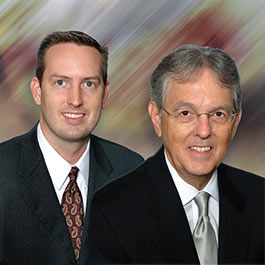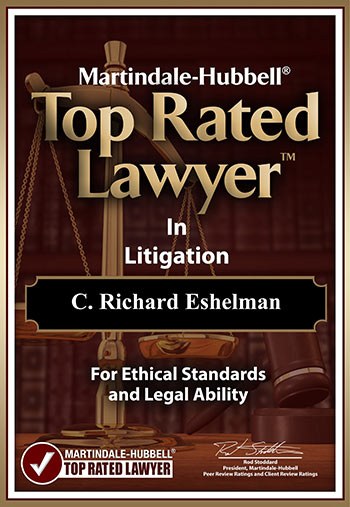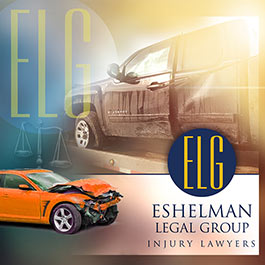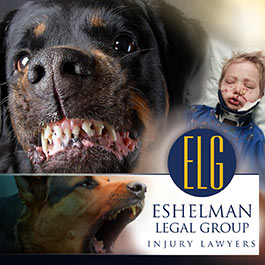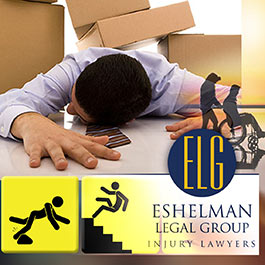Wrongful Death Overview
A wrongful death claim is a suit that arises when the death of an individual is caused by the wrongful conduct of another. A wrongful death suit is different from other types of personal injury claims because the actual victim (the “decedent”) is not bringing suit, rather it is the surviving family members or the decedent’s estate. As such, a wrongful death claim is brought to recover damages for the injuries that the surviving family and/or estate have suffered due to the death of the victim. The damages recovered do not include damages that are personal to the decedent, since the decedent is not allowed to recover for pain and suffering, mental distress, or any other form of compensatory damages unique to him or her. The purpose of a wrongful death suit is to provide relief to family members who have been injured emotionally and financially as a result of the family member’s death.
Additional Information
To file a wrongful death suit in Ohio, you must show that
- The death of a person was caused by a wrongful act, neglect or default
- The act, neglect or default would have entitled the injured person to file an action to recover damages had the death not occurred
- There are surviving beneficiaries, children, or Dependants of the victim
- Monetary damages have resulted from the decedent’s death
Ohio law makes a distinction between persons who can file a wrongful death suit and persons who are beneficiaries. Only certain individuals can file wrongful death claims, and those that are allowed to sue do so on behalf of others. In Ohio, only a personal representative of the deceased person may file a suit on behalf of the surviving spouse, children, or parents. A personal representative is a person appointed by the state of Ohio to represent the beneficiaries. siblings and cousins of the decedent do not have the right to bring the lawsuit unless they have been named as guardian or personal representative of the decedent, in which case they still have no right of recovery so long as there is a surviving spouse, child, or parent of the decedent. If there is no surviving spouse, child, or parent, however, siblings may file the suit on behalf of the decedent’s estate and may participate in the recovery through the estate.
Serving all N.E. Ohio & Columbus, Ohio
Call: 1-800-365-0001
The Conclusion
The attorneys at the Eshelman Legal Group understand that no matter how cautious you are, others may not be so careful, and accidents do happen. So we hope you don’t need to, but if you are in a situation where you need the advice of an personal injury attorney, the Eshelman Legal Group is here to help you. For over 40 years we have been assisting accident victims, and we are here to assist you too... because “We’ll make things right.”
Ask yourself this question… who does the adjuster work for? The adjuster works for the insurance company, they do not work for you.
In all matters involving personal injury it is essential that measures be taken promptly to preserve evidence, investigate the accident in question, and file a lawsuit prior to the deadline imposed by the Statute of Limitations. If you or a loved one is a victim of personal injuries, call Eshelman Legal Group LLC, now at 1-800-365-0001. The initial consultation is free of charge, and if we agree to accept your case, we will work on a Contingent Fee basis, which means we get paid for our services only if there is a monetary award or recovery of funds. Don’t delay! You may have a valid claim and be entitled to compensation for your injuries, but a lawsuit must be filed before the statute of limitations expires. The above is not legal advice. That can only come from a qualified attorney who is familiar with all the facts and circumstances of a particular, specific case and the relevant law. See Terms of Use.

